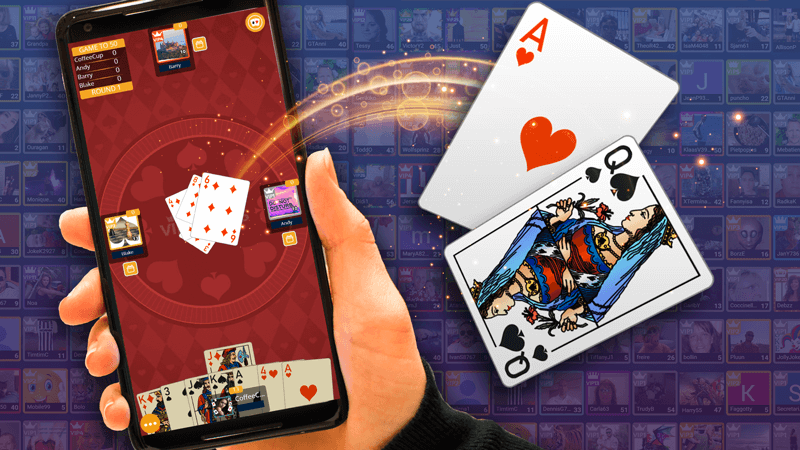Online gaming has transformed from a niche hobby into a global phenomenon, shaping entertainment, social interaction, and even education. With millions of players worldwide, online games offer more than just a way to pass the time; they create communities, foster competition, and push the boundaries of technology Megaxwin. This article explores the evolution of online games, their impact on society, and the future of gaming.
The Birth of Online Gaming
The roots of online gaming can be traced back to the early 1970s with the advent of mainframe computers. One of the first online games, MUD (Multi-User Dungeon), was created in 1978, allowing multiple players to interact in a text-based environment. As internet connectivity expanded in the 1990s, so did the possibilities for gaming. Games like Ultima Online and EverQuest set the stage for massively multiplayer online role-playing games (MMORPGs), enabling players to immerse themselves in expansive virtual worlds.
The Rise of Multiplayer Games
The late 1990s and early 2000s witnessed a surge in popularity for online multiplayer games. Titles like Counter-Strike, World of Warcraft, and Call of Duty not only revolutionized gameplay but also introduced the concept of esports—competitive gaming that attracts professional players and large audiences. Online platforms such as Twitch and YouTube further fueled this trend, allowing gamers to broadcast their gameplay, share strategies, and connect with fans.
Social Interaction and Community Building
One of the most significant aspects of online gaming is its ability to create communities. Players from diverse backgrounds can come together to form friendships, join guilds, and participate in cooperative missions. Games like Fortnite and Among Us have taken social interaction to new heights, incorporating voice chat and in-game events that allow players to engage beyond just gameplay. The social aspect of gaming has become especially important during times of isolation, such as the COVID-19 pandemic, where online games provided a vital connection to friends and family.
The Impact on Mental Health
While online gaming can promote social interaction, it also has implications for mental health. Studies suggest that gaming can offer a sense of achievement and a temporary escape from reality, which can be beneficial for individuals dealing with stress or anxiety. However, excessive gaming can lead to addiction, social withdrawal, and negative impacts on physical health. The balance between gaming for enjoyment and overindulgence is crucial, prompting discussions around responsible gaming habits and the importance of moderation.
Educational Potential of Online Games
The educational potential of online games is gaining recognition in academic circles. Gamification—the integration of game elements into educational contexts—has been shown to enhance learning experiences. Games like Minecraft: Education Edition allow students to explore concepts in science, mathematics, and history through interactive gameplay. This innovative approach engages students and fosters critical thinking and problem-solving skills.
The Future of Online Gaming
As technology continues to evolve, so will the landscape of online gaming. Virtual reality (VR) and augmented reality (AR) are beginning to make waves, providing immersive experiences that blur the lines between the digital and physical worlds. Cloud gaming services, such as Google Stadia and NVIDIA GeForce Now, are revolutionizing accessibility, allowing players to enjoy high-quality games without the need for expensive hardware.
